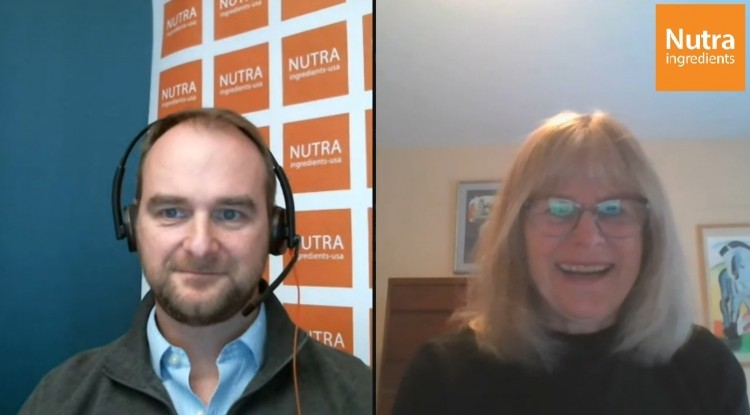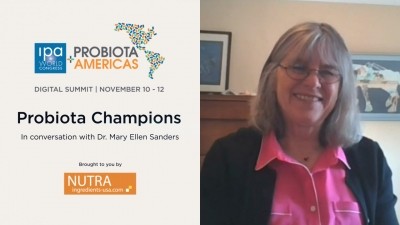ISAPP’s Mary Ellen Sanders on the importance of definitions for -biotics
This content item was originally published on www.nutraingredients.com, a William Reed online publication.

Dr Sanders and Prof Glenn Gibson co-founded the International Scientific Association for Probiotics and Prebiotics (ISAPP) in 2002, and over the past two decades the association has played a big role in advancing the science around probiotics and prebiotics.
Prof Gibson retired from ISAPP’s board of directors in 2021, and ISAPP announced earlier this year that it has begun a search for a new executive director to replace Dr Sanders when she retires next summer. In this podcast interview, Dr Sanders spoke with us about the organization’s big achievements over the past 20 years, what excites her about the current advances in microbiome modulation, and what comes next for ISAPP.
“One initiative that we took on in the recent years was try to publish consensus definitions for different terms in the biotics area, and we started in 2014 with probiotics, and we followed that we prebiotics, synbiotics, fermented foods, and postbiotics,” Dr Sanders told us.
“These definitions and the criteria put forward in the publications have been really important. I think it’s really important for the field to understand what the baseline understanding, and criteria are for these substances so that the whole scientific and commercial and regulatory world can coalesce around definitions that make the most sense.
“If you don’t have solid definitions then the terms really lose their value, they lose their meaning. Without a good definition, I think it really does harm the field,” she added.
“The combination of those five consensus panel papers have been accessed 456,000 times and we’re noticing more and more that they’re being referenced in the popular media as well.”
Handing over the reins
The organization is still working to find a replacement for Dr Sanders as Executive Director.
“ISAPP is definitely going to have to undergo a transition from me. This has been partly an occupation and partly a labor of love for me over these years, and it’s going to be important to hand the reins on to someone who’s really committed to ISAPP’s objectives,” she said.
Another issue for the association to figure out is the loss of institutional knowledge. Over the past few years, ISAPP has also transitioned away from long-term board members like Glenn Gibson, Gregor Reid, and Bob Hutkins.
“We had a lot of people who were instrumental in getting this organization off the ground and moving, and are so important to the body of ISAPP, that now no longer have those specific leadership positions on the board. The organization is going to have to figure out how to balance this institutional knowledge with the importance of bringing in new blood and new ideas.”
















